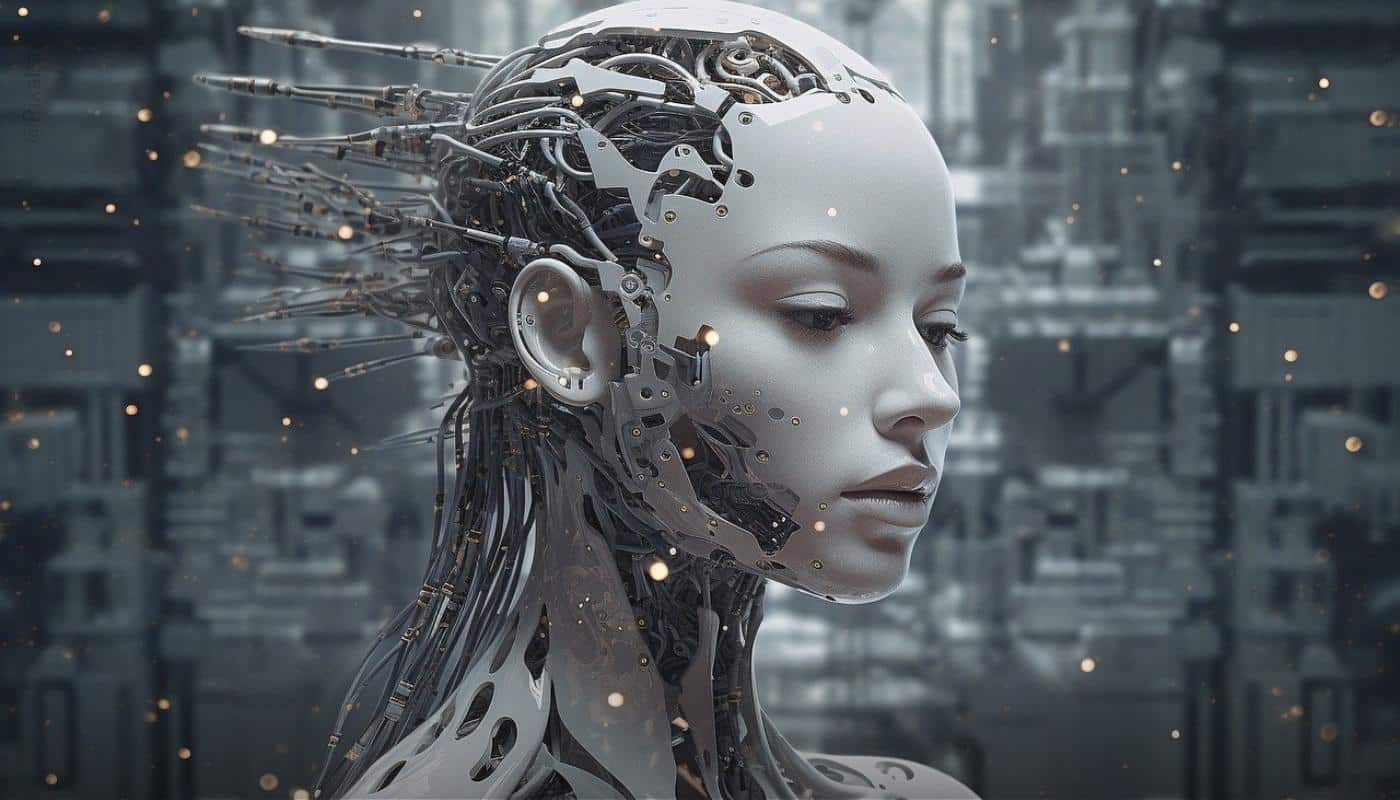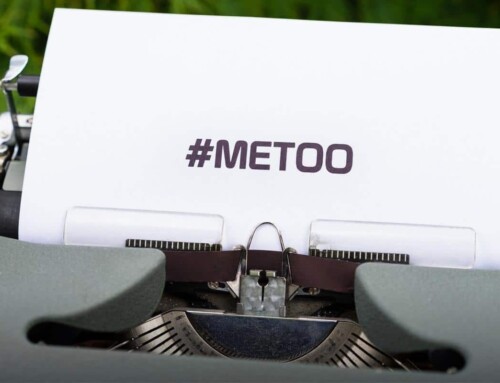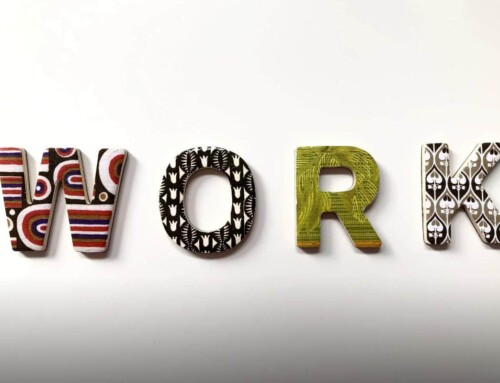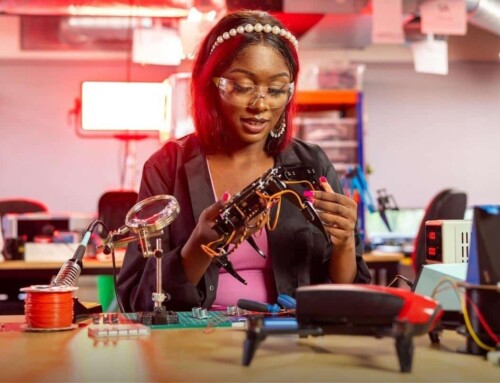“Dr. Joy Buolamwini is considered the conscience of the AI industry – and one of its most powerful women. Even people like US President Joe Biden listen to her. Also because she likes to package her statements in rhymes”: Kathrin Werner portrays Buolamwini in the Süddeutsche Zeitung.
“The magazine TIME lists her among the 100 most important people in AI. Buolamwini’s face, which AI does not recognize, has been on the cover of the world’s most important magazines. And not because she earns a lot of money with AI, quite the opposite. She takes on those who make big money,” says Werner.
“All datasets from the past carry the prejudices of the past within them.” This was uncovered by the computer scientist six years ago and made her famous. Already during her studies, she discovered the flaws embedded in the artificial intelligences of the largest corporations. Behind them lies a system, because the people who feed AI with images themselves have biases – and mainly use images that look like themselves: male and white.
Meanwhile, AI-developing corporations are working to make their AI more sensitive to factors such as origin, racism, class, and gender.
Buolamwini grew up in Mississippi and Tennessee, the daughter of immigrants from Ghana; her mother was an artist.
When she experimented with facial recognition software at university and found that programs only recognized her face as a face when she wore a white mask, she realized she had to pursue the issue. “The experience of wearing something less human to be seen as human by a machine piqued my curiosity,” she says.
In addition to her computer science Ph.D., she founded the civil rights organization The Algorithmic Justice League. The organization uses art and research as tools to uncover the social impacts of AI and to pressure AI companies to prioritize ethical questions in the development of their techniques through increased public attention. It is important that people with different backgrounds develop and test new AI tools, because they notice problems that others overlook.
Buolamwini is concerned, not least because of the impact of deepfakes (forgeries using AI) on human sense of truth and falsehood – and on democracy.
Last fall, her book “Unmasking AI” was published. She also writes poems and recites them. Her new topic is AI in warfare. “Some say AI is an existential risk. We see AI as a devastating reality. Acceleration of annihilation. Increase of destruction. I’ve heard of a new gospel that brings death with the promise of precision,” reads a poem by the woman who “counters the power of machines with the power of words”.

Posted by herCAREER,
References:
- Süddeutsche Zeitung: https://www.sueddeutsche.de/wirtschaft/joy-buolamwini-ai-bias-1.6522000














